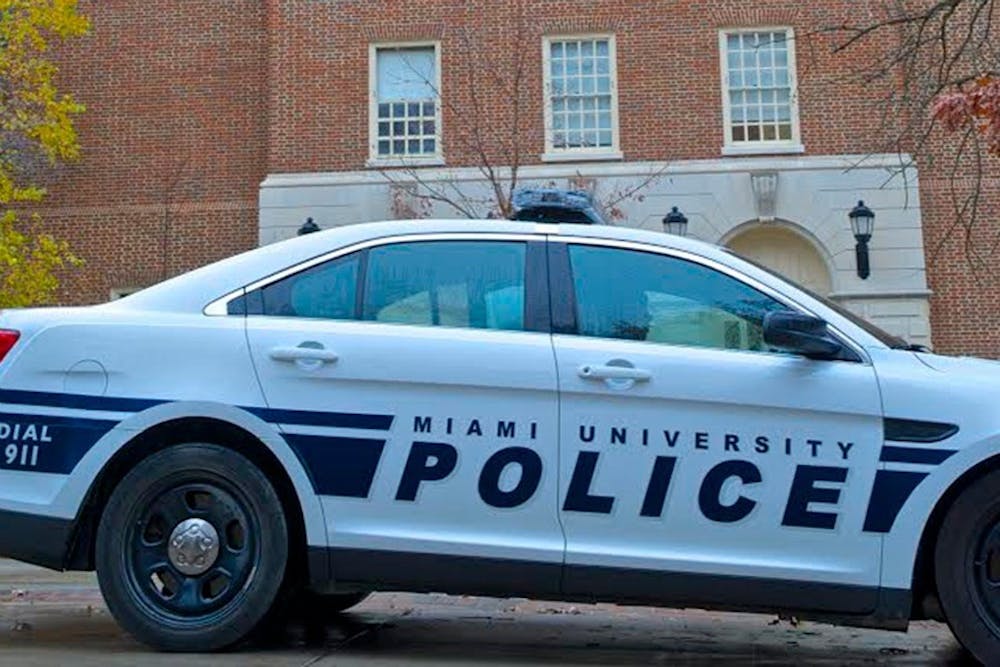Experts say lack of probable cause prevented OPD from searching Tipton's car for weapons
On Jan. 31, the night before Larry E. Tipton II shot and killed junior Rebecca Eldemire and himself, three OPD officers met him in Eldemire's parking lot at Level 27 apartments. Minutes earlier, Eldemire had told a 911 dispatcher that Tipton owned guns.
Tipton consented to a search and one of the officers patted him down, OPD spokesperson Sgt. Jon Varley said.
"They patted him down and looked through the bag that he was carrying," Varley said.
The officers did not, however, search Tipton's car. Varley said they did not have the probable cause necessary to do so.
"At that point, there had been no indication of violence, there had been no history of violence, there had been no threat of violence," he said. "So, there was no legal justification for going and searching the car."
Eldemire, who had broken up with Tipton that morning, told a 911 dispatcher he had been "a little violent," but he did not hit her.
"He was just throwing things around," she said.
Joshua Dressler, professor in the Moritz College of Law at Ohio State, agreed with Varley. He said, under the circumstances, OPD officers had no constitutional basis to search Tipton's car.
One exception to this, Dressler said, comes if the officer suspects a weapon in the car jeopardizes his or her safety. Only then can the officer search the car. However, for that to apply, the subject must be near the car. Tipton, Varley said, was not. Tipton's car was in the parking lot.
"When the officers encountered him, he was on foot, approaching the building," Varley said.
Officers were waiting by the entrance and Tipton parked on the other side of the building.
"His car wasn't in the area and they were searching him before they took him upstairs [to Eldemire's apartment]," Varley said.
Because officers were escorting him further from his car, nothing inside the car, even a weapon, could have put the police in danger.
One thing they could have done, Dressler said, was to ask for consent to search the car.
But, even if they had, Tipton could have simply said no, Dressler said. And, since officers cannot use the denial of consent as an admission of guilt or probably cause, they would not have been able to search the car. In short, even though denying consent would be suspicious, officers still would not have been able to conduct a search, Dressler said. There was little more they could've done.
"Absent consent, they had no constitutional right to search the car," he said.
Even after the responding officers did everything they were supposed to, Tipton was still able to commit what Dressler said appeared to be a premeditated murder-suicide.
"It's 20/20 hindsight," to say police may have prevented the crime, Dressler said.
Eledemire's roommates told OPD that Tipton went outside around midnight. Tipton, who spent the night at Eldemire's, went to his car to retrieve a plant, Varley said. When he returned to the apartment, he was carrying a plant, but a weapon was not visible.
At 8:52 a.m. Sunday, about nine hours later, Eldemire's roommates called 911, reporting loud bangs and the wail of fire alarms coming from Eldemire's locked bedroom.
When police arrived, they found Tipton and Eldemire dead from gunshot wounds. They found Tipton's gun next to the bodies.
Police also found two suicide notes - from Tipton - in Oxford and at Tipton's home in Columbus. Police have not disclosed the contents of the notes.

